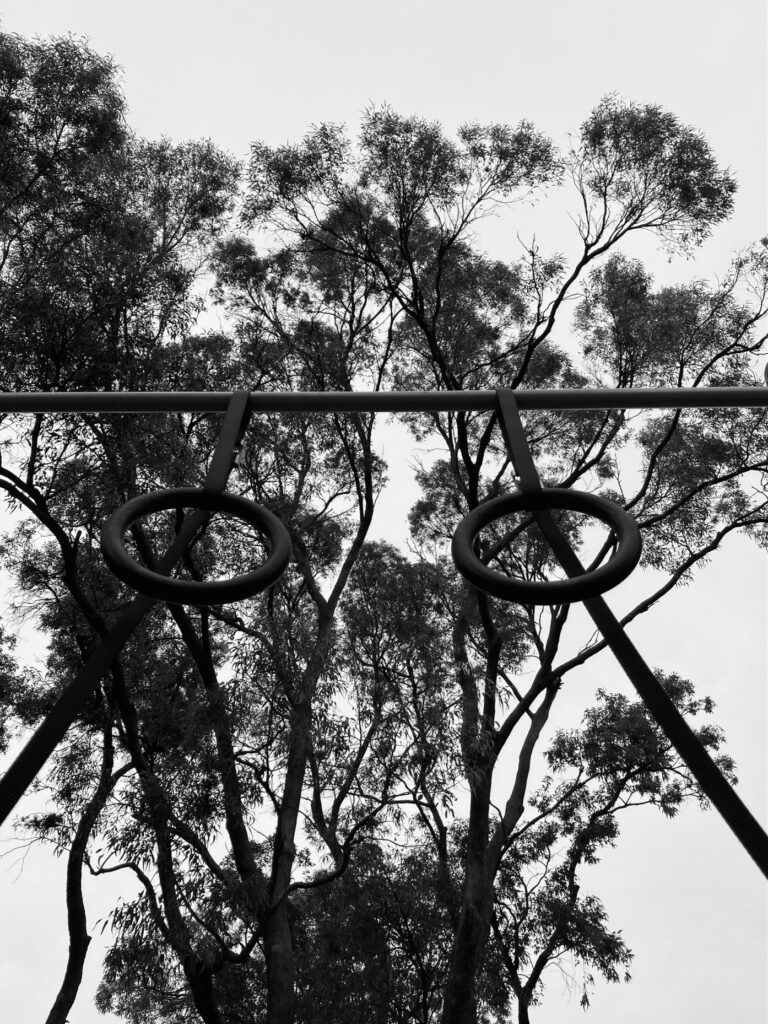“You must unlearn what you have learned” – Yoda
Yoda was 900 years old when he met Luke Skywalker on Dagobah. That would have made him a Master by any definition. Despite his age and experience, Yoda was humble enough to be reminded by the younglings he taught in the Temple on Coruscant the value of having a beginners mind. On Dagobah he also admonished Luke to put aside what he thought he knew and empty himself of prior experience so that he could be open and receptive to learning, like a beginner.
You can’t learn what you think you already know. There is a reason beginners in karate and other martial arts are given a white belt. White is the color that represents Shoshin, the Zen concept of a mind that is fresh and new, waiting to be taught and filled with knowledge. In martial arts having a beginners mind keeps one humble and always open to learning. Soshin is the beginners mind of a white belt, however even a black belt is just a white who never quit. In a Dojo you will often find the Sensei wearing a white belt in recognition of the unlimited potential of the “beginners mind”.
Despite his age and mastery as a Jedi, Yoda demonstrated a purer form of Shoshin. That state of mind opened him to the power of the Force and led Yoda to enlightenment.
“Observe… without preconceptions and with a blank mind.” – Taiichi Ohno
Al Kavadlo is a well-known personality in the calisthenics community with over 20 years as a personal trainer in New York, a string of books and a growing YouTube channel. Other than being exceptional in the art of calisthenics Kavadlo is also respected for being a warm, humble and positive guy who works to motivate people to reach their goals. In his book “Zen Mind, Strong Body: How To Cultivate Advanced Calisthenic Strength – Using The Power Of “Beginner’s Mind“, Cavadlo states that the path to excellence is often a simple one. We tend to waste a lot of time complicating things and making them harder instead of “keeping it simple” and doing the basics well even when reaching mastery. We should always adopt a beginners mind and view our training with a fresh set of eyes like any novice.
Kavadlo’s Zen like approach to training resonates with me because I have also practice calisthenics. It is a simple but humbling form of exercise which trains complete control of the body through strength and agility. Body and mind work as one. Progress can be very slow. After many years of training it is not unusual to be humbled over and over again by a move that eludes you but others find easy to master. It is also an easy practice to become arrogant and conceited as you progress only to have that progress cut by months or years through a simple injury caused by over-confidence. Many people quit after months of effort because they failed to realize calisthenics is as much a mental journey as a physical one. It require a beginners mind to master.
“You want to know the difference between a master and a beginner? The master has failed more times than the beginner has ever tried.” – Unknown (sometimes attributed to Yoda).
The 12 Steps is about “keeping it simple” and never becoming so conceited that you no longer see the blind spots in front of you. Its about having a “beginners mind” and being humble enough to admit that alcohol is a cunning opponent that exploits arrogance and complacency. Years of abstinence helps but it does not guarantee we will never relapse back into old habits. Having a beginners mind reminds us that we are only one drink away from total relapse.
The 12 Steps also reinforces the need to getting back to basics. Instead of telling ourselves that we know it all already we have to be prepared to adopt a beginners mind in our recovery. After many years of recovery we can still lack emotional sobriety. Over the years we can hit a spiritual plateau and began to stagnate. Some of us are headed for trouble unless we take notice and arrest the slide. We must put aside any perception of mastery and become a humble beginner again and re-learn the basics from scratch. We take on a “beginners mind”. The 12 Steps is a circle it is not a linear path with an end point. In recovery we must often revisit the foundation steps in order to maintain our sobriety.
“Truly wonderful, the mind of a child is.” – Yoda
Recently I have been experiencing a type of mental, physical and spiritual low which left me in a rut. During this time I felt myself often angry and frustrated over little things. I no longer cared about what I was doing or the people around me. “Stinking thinking” started to pervade my thoughts and as they did my behaviour began to change. It was affecting my relationships, my job and my health. I began to lose progress in my training, I stopped writing and in self-pity I began to consider whether I should leave the Jedi Path. Then I picked up and read “Zen Mind, Strong Body” and found that having a beginners mind is very much a part of being Jedi.
I got back to work with a beginners mind. Ideas and possibilities began to reveal themselves. Where before I refused to see past my own problems I now started seeing solutions. The Force started to work for me through an attitude of Shoshin.
So pick yourself up and shake yourself off. Pick up the basic text and read as if it were the first time. Train, meditate, read, pray, eat, sleep and repeat. Treat each day with the respect it deserves as a chance to start afresh and discover new opportunities and experiences. Do what you have to do but keep it simple and get back to basics. Do it with a “beginners mind”.
“If your mind is empty, it is always ready for anything, it is open to everything. In the beginner’s mind there are many possibilities, but in the expert’s mind there are few. ” – Shunryu Suzuki.

Zen Mind, Strong Body: How to Cultivate Advanced Calisthenic Strength—Using the Power of “Beginner’s Mind” by Al Kavadlo (paperback or e-book from Amazon or Dragon Door publications https://www.dragondoor.com/b81/



